The unending cost of gun violence
It goes beyond the death tolls

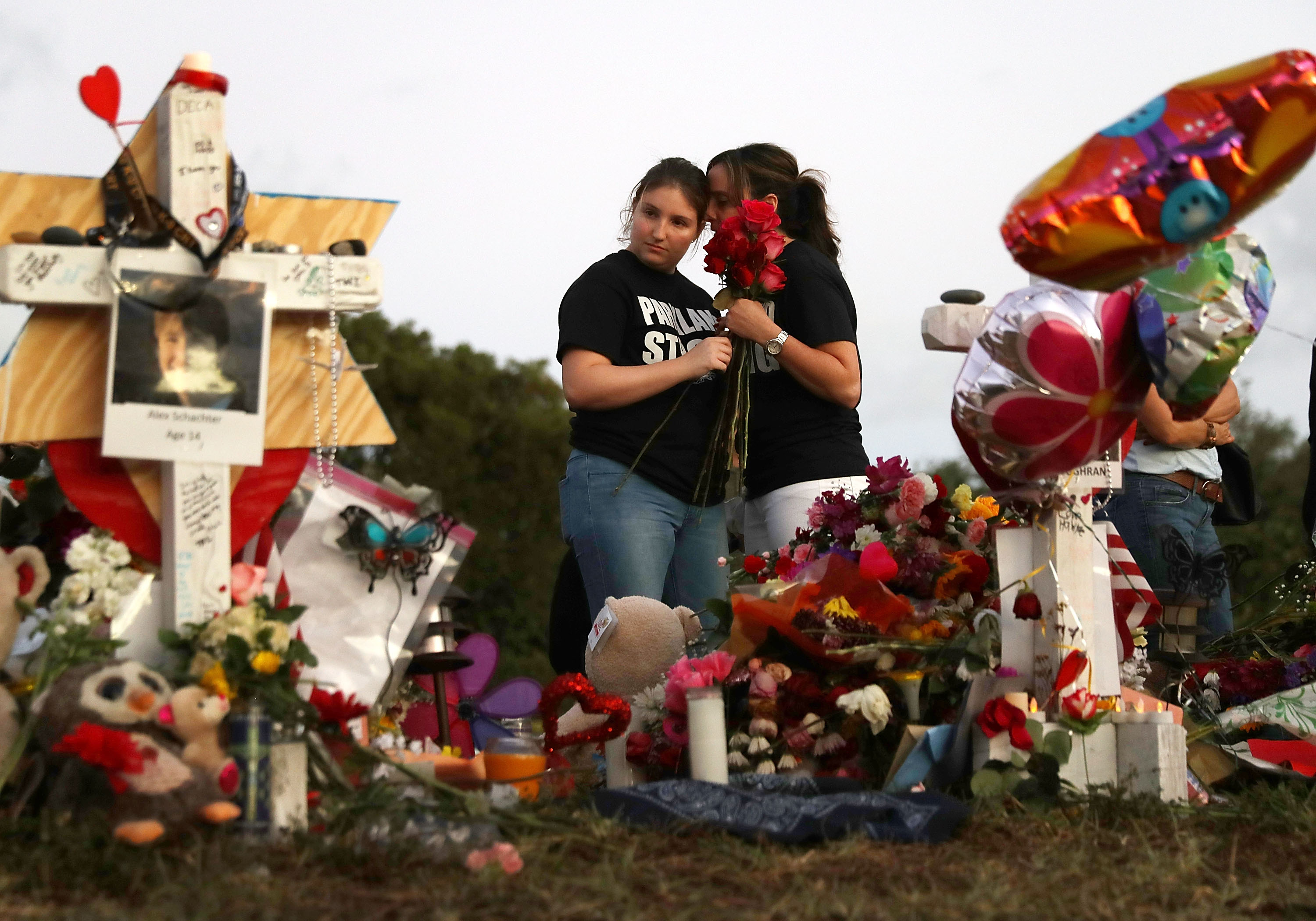
A free daily email with the biggest news stories of the day – and the best features from TheWeek.com
You are now subscribed
Your newsletter sign-up was successful
We mostly think about gun massacres in terms of the immediate death tolls: the 13 killed at Columbine, 58 dead at Las Vegas, 49 in Orlando, 27 at Sandy Hook, 17 at Stoneman Douglas. The numbers are horrifically large and they demand humility and mourning, but they are also limited. Giving them this exclusive focus inadvertently treats each attack as though its effects were limited to the point of impact.
The death tolls are important, for example, but they don't tell us much about the ruined bodies and ongoing medical expenses of those victims who survive their injuries.
The death tolls are important, but they don't measure the trauma that ripples outward for years, even decades, in the psyches of the witnesses, family members, and other survivors of such episodes.
The Week
Escape your echo chamber. Get the facts behind the news, plus analysis from multiple perspectives.

Sign up for The Week's Free Newsletters
From our morning news briefing to a weekly Good News Newsletter, get the best of The Week delivered directly to your inbox.
From our morning news briefing to a weekly Good News Newsletter, get the best of The Week delivered directly to your inbox.
The death tolls are important, but they often are also just the beginning of the story.
Why mention this? Because last weekend, Sydney Aiello, a survivor of the Stoneman Douglas shootings, took her own life. On Saturday, another survivor of that attack, a 16-year-old boy, also apparently died of suicide. And on Monday morning, Jeremy Richman, whose 6-year-old daughter died at Sandy Hook, was found dead in his office — he also seems to have killed himself.
If you're the spiritual type, this is a good moment to pray for those poor people and their loved ones.
"I worry about the students. I worry about the teachers and staff," said Ryan Petty, whose daughter Alaina was killed in the Stoneman Douglas attack. "We're still clearly in trauma."
A free daily email with the biggest news stories of the day – and the best features from TheWeek.com
A caution: We don't know all the reasons for these newly lost lives, though Aiello's mom said her daughter had been diagnosed with post-traumatic stress disorder (PTSD) following the attack at Stoneman Douglas. What we do know is that each person's life had been deeply marked by gun violence.
Collectively, their deaths suggest we should be working harder to tabulate the never-ending psychological and physical costs being imposed on our communities and our neighbors in this era of mass shootings. Those costs should be at the forefront of every discussion and debate we have about the use and misuse of guns in this country.
What do we know about the rippling effects of gun violence, and mass shootings in particular?
We know that the National Center for PTSD estimates 28 percent of those who witness a mass shooting develop PTSD.
We know that school shootings generally lead to a drop in test scores for surviving students at those schools, influencing the life, education and career choices they'll have moving forward.
We know that if lost wages and hospital charges are considered together, the cost of shootings in the United States could be as high as $45 billion a year.
We know that one estimate from the Las Vegas massacre — which left more than 800 people injured — suggested at least $600 million would be lost to the cost of medical bills, follow-up care, and the missing "value of the quality of life lost by those who died or will be permanently disabled."
These are the measurables. Less easy to quantify is the pain of living after the death of a child, the frustrations that come from surviving shooting injuries — many victims end up with colostomies because bullets wrecked their digestive systems — and the ongoing horror of having remembering violent deaths. The consequences of gun violence, it seems, are unending.
And let's be clear about one thing: We are collectively choosing to bear those consequences.
We're less than two weeks removed from the terror attack on New Zealand mosques that killed 50 people. Within days of that attack, New Zealand's national government announced a ban on the sale of all "military-style" semi-automatics, assault rifles, and high capacity magazines. Leaders in Wellington saw the cost and consequence of gun violence and decided not to continue bearing them.
Leaders in Washington have not done the same. For reasons of law, politics, and culture, such drastic action is not possible in the United States — at least, not for now. There are signs, however, that the political terrain is shifting at long last.
Someday, hopefully sooner than later, the United States will be able to meaningfully address the problems of gun violence and mass shootings. In the meantime, yes, give your thoughts and prayers to the families of Sydney Aiello, Jeremy Richman, and others affected by gun violence. They won't appear in any official death tolls, but that is just a technicality.
If you or someone you know is in crisis, call the National Suicide Prevention Helpline at 888-273-TALK, or contact the Crisis Text Line by texting HOME to 741741 to be connected to free and confidential emotional support for people in suicidal crisis.
Joel Mathis is a writer with 30 years of newspaper and online journalism experience. His work also regularly appears in National Geographic and The Kansas City Star. His awards include best online commentary at the Online News Association and (twice) at the City and Regional Magazine Association.
-
 The Week Unwrapped: Do the Freemasons have too much sway in the police force?
The Week Unwrapped: Do the Freemasons have too much sway in the police force?Podcast Plus, what does the growing popularity of prediction markets mean for the future? And why are UK film and TV workers struggling?
-
 Properties of the week: pretty thatched cottages
Properties of the week: pretty thatched cottagesThe Week Recommends Featuring homes in West Sussex, Dorset and Suffolk
-
 The week’s best photos
The week’s best photosIn Pictures An explosive meal, a carnival of joy, and more
-
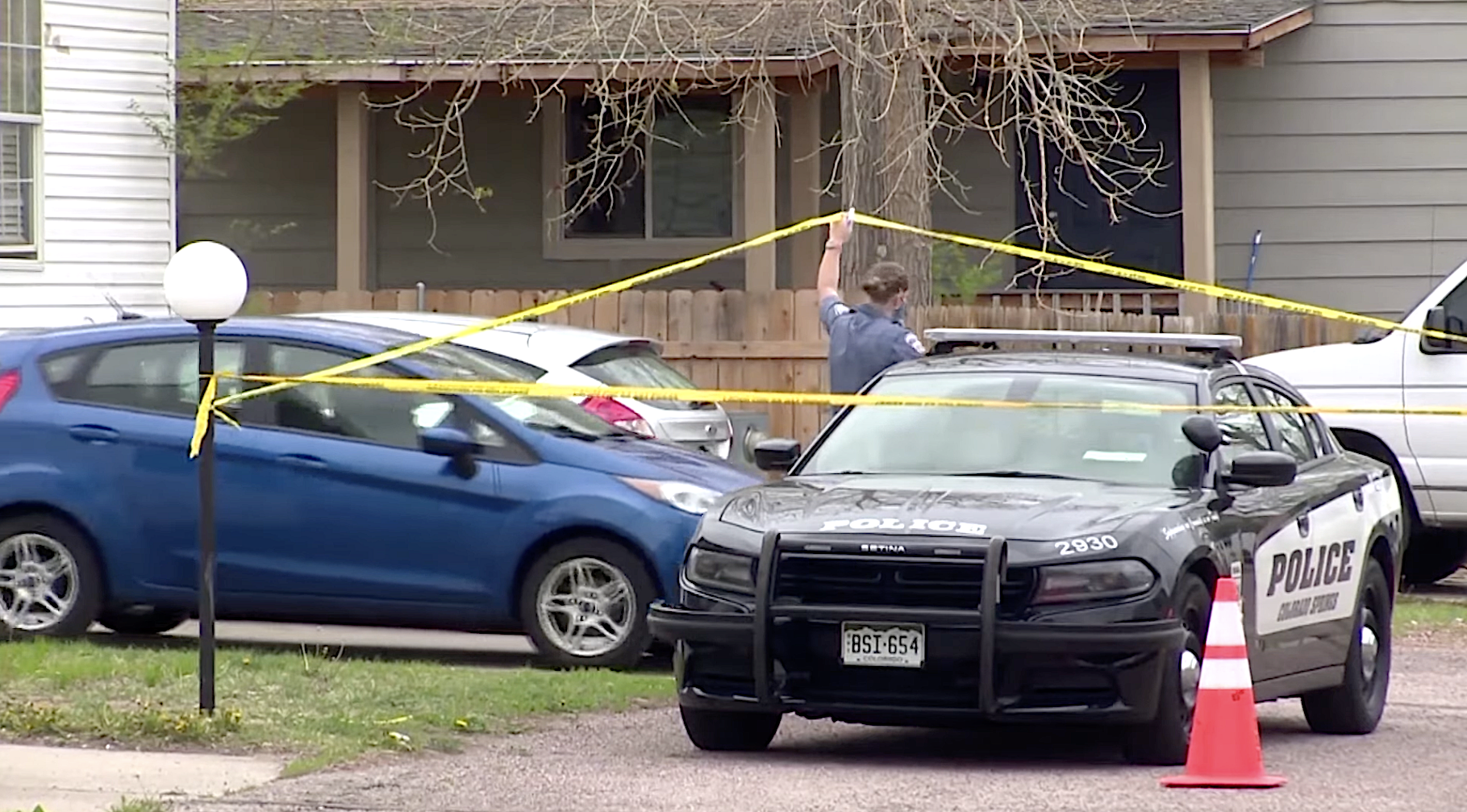 Gunman kills 6, himself at Colorado Springs birthday party
Gunman kills 6, himself at Colorado Springs birthday partySpeed Read
-
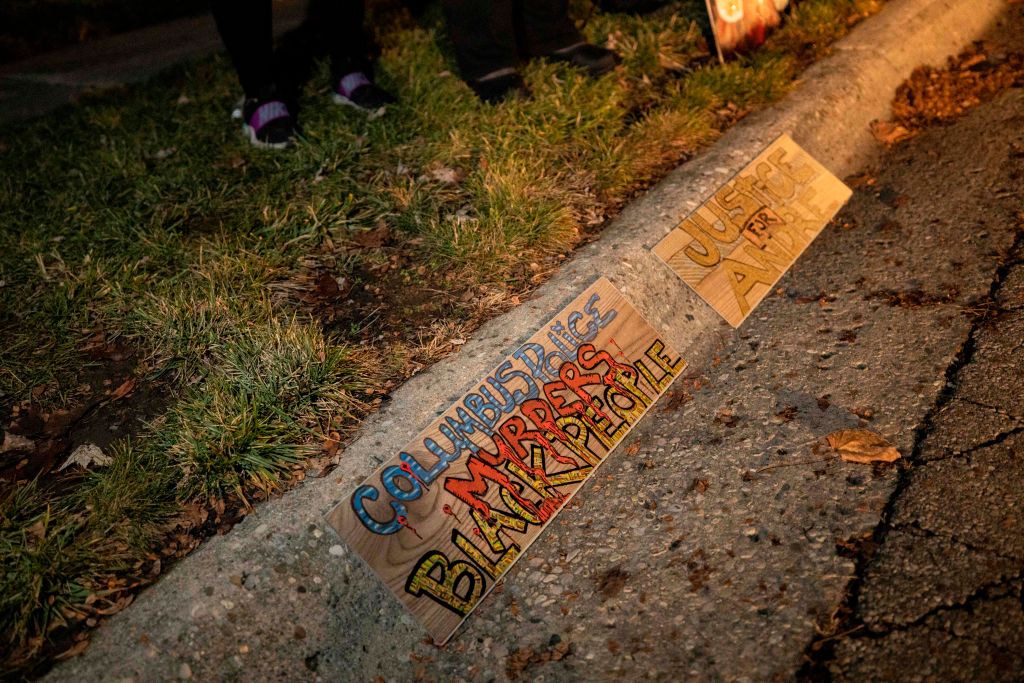 Columbus police fatally shoots Ma'Khia Bryant, 16, quickly releases body-cam footage
Columbus police fatally shoots Ma'Khia Bryant, 16, quickly releases body-cam footageSpeed Read
-
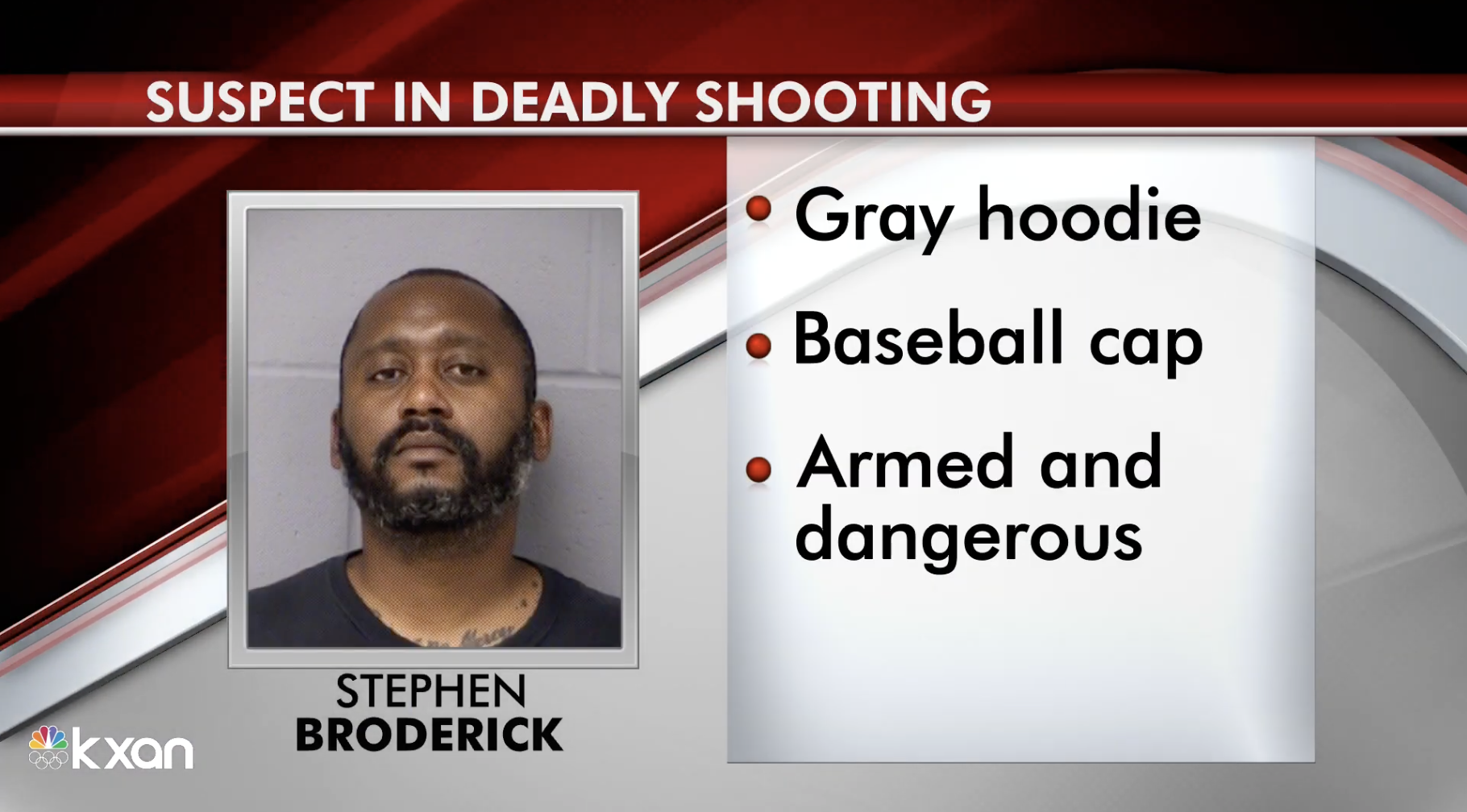 Austin police, feds searching for ex-sheriff's deputy accused of killing 3, in Sunday's 2nd mass shooting
Austin police, feds searching for ex-sheriff's deputy accused of killing 3, in Sunday's 2nd mass shootingSpeed Read
-
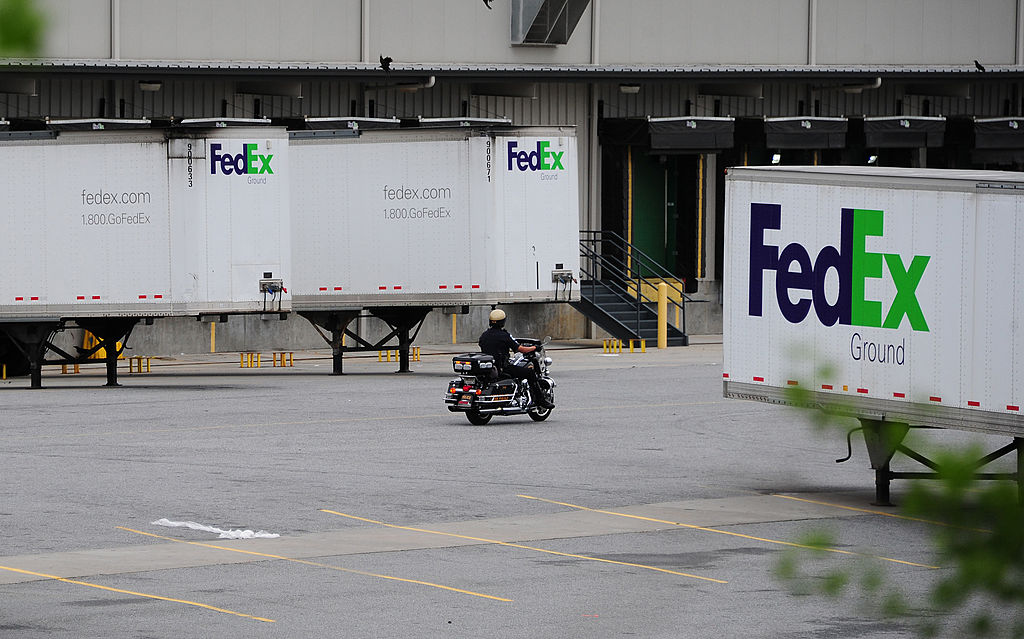 At least 8 dead in Indianapolis FedEx shooting
At least 8 dead in Indianapolis FedEx shootingSpeed Read
-
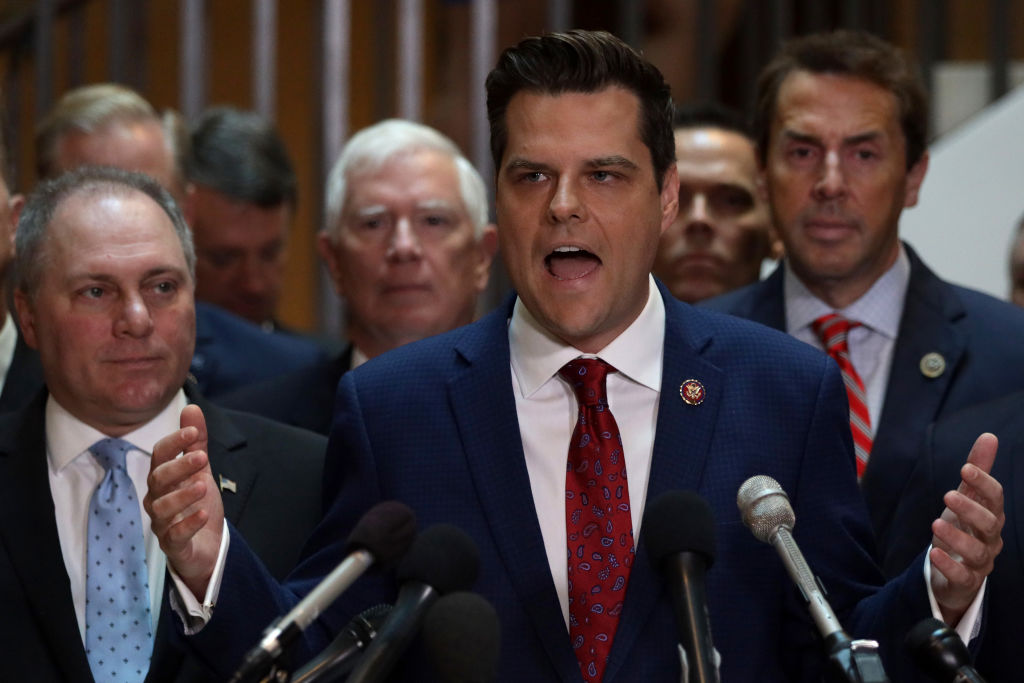 Scalise says GOP will 'take action' on Gaetz if DOJ moves ahead with 'formal' case
Scalise says GOP will 'take action' on Gaetz if DOJ moves ahead with 'formal' caseSpeed Read
-
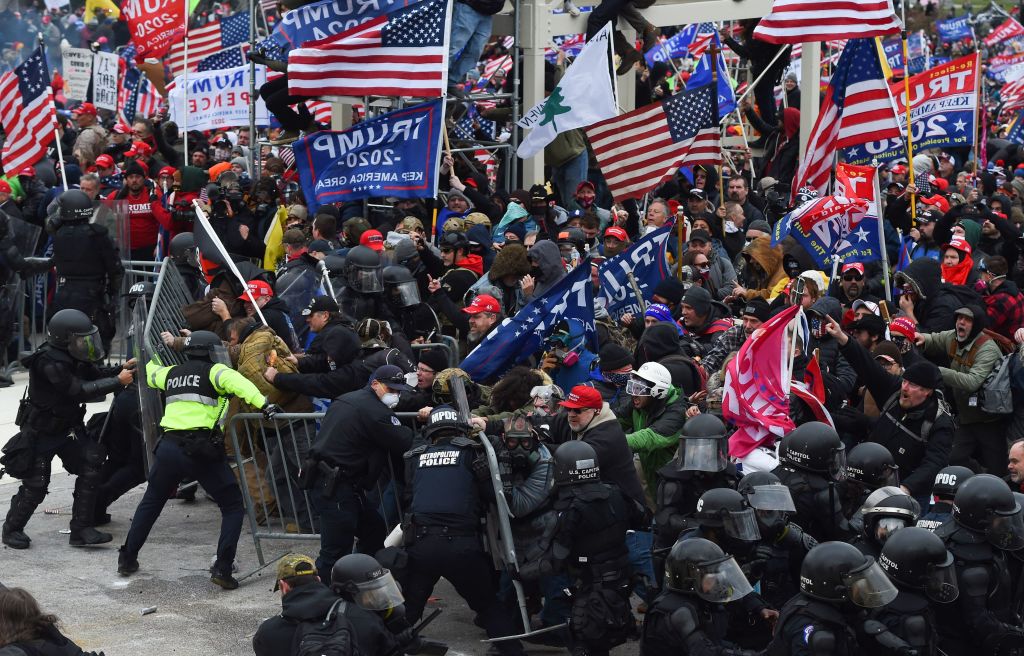 Watchdog report: Capitol Police knew about potential for violence on Jan. 6, but held back
Watchdog report: Capitol Police knew about potential for violence on Jan. 6, but held backSpeed Read
-
 Former classmate arrested in 1996 disappearance of college student Kristin Smart
Former classmate arrested in 1996 disappearance of college student Kristin SmartSpeed Read
-
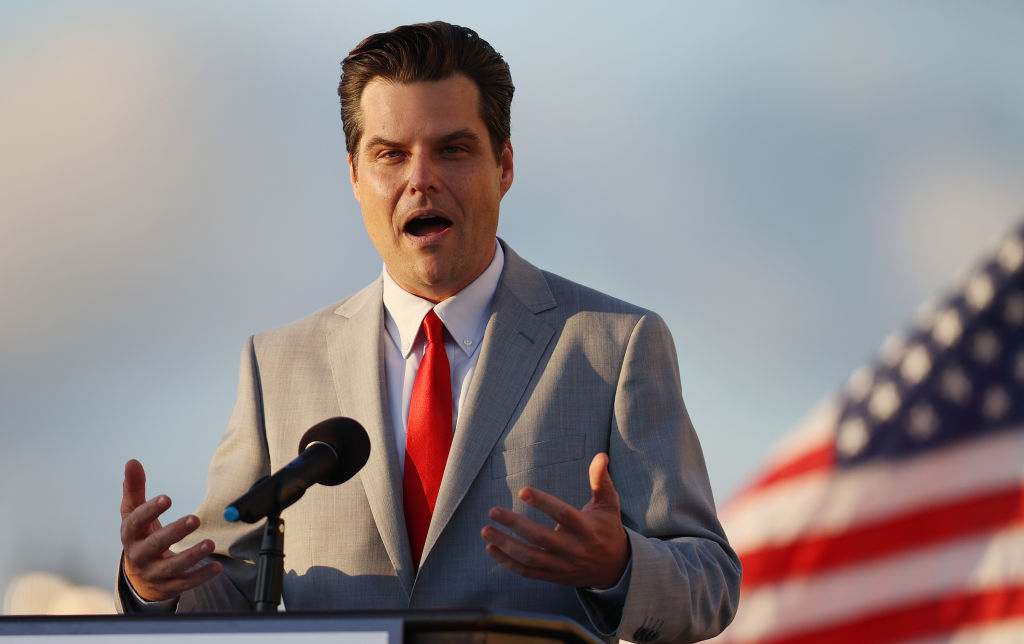 Report: Gaetz associate has been cooperating with federal investigators since last year
Report: Gaetz associate has been cooperating with federal investigators since last yearSpeed Read
